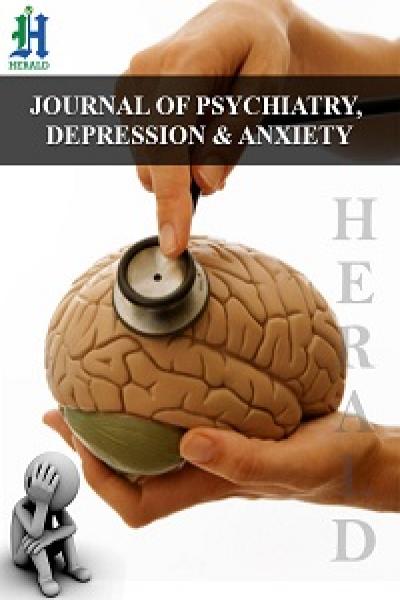
Bipolar Disorder
Bipolar Disorder is a chronic mental health condition characterized by extreme mood swings that range from manic or hypomanic episodes to depressive episodes. During manic phases, individuals may feel euphoric, highly energetic, talkative, and may engage in risky behavior. In contrast, depressive episodes are marked by sadness, low energy, fatigue, hopelessness, and loss of interest in daily activities. These mood shifts can affect sleep, judgment, concentration, and functioning at work or in relationships. There are different types of bipolar disorder, including Bipolar I, Bipolar II, and Cyclothymic Disorder, each varying in intensity and pattern of mood swings. The exact cause is unknown but involves a combination of genetic, biological, and environmental factors. Diagnosis is based on clinical assessment, and treatment typically includes mood stabilizers, antipsychotic medications, and psychotherapy. With ongoing treatment and support, individuals with bipolar disorder can manage symptoms effectively and lead productive, fulfilling lives.

